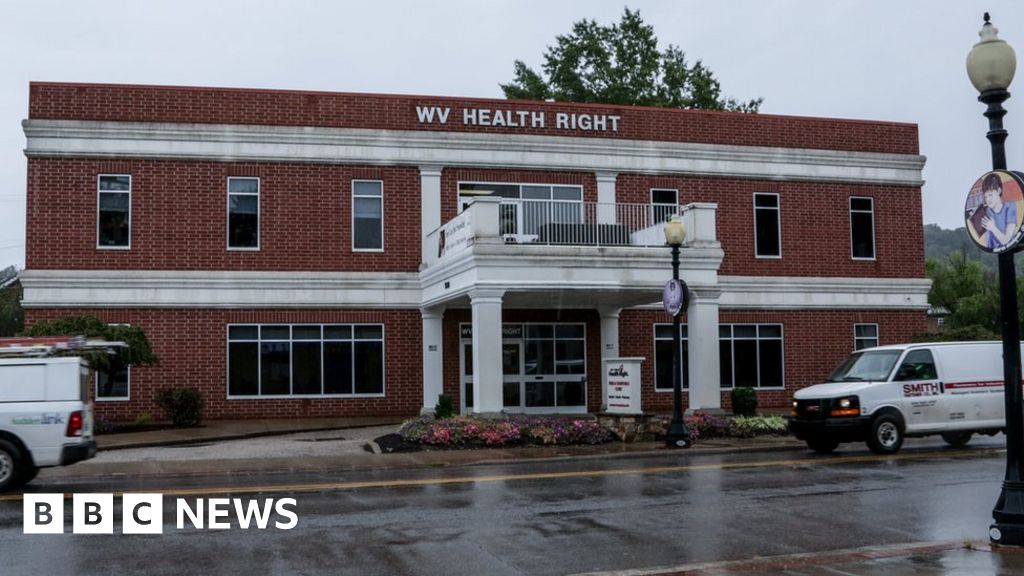where to buy cbd clinic products
Table of ContentsThe Best Guide To Clinic - Dictionary Definition : Vocabulary.comUnknown Facts About Medical Clinic - Legal Definition Of Medical Clinic By Law Insider8 Easy Facts About What Does Clinic Mean? - Definitions.net DescribedThe Of Clinic - Definition In The Cambridge English DictionaryClinic Dictionary Definition - Clinic Defined - Yourdictionary Things To Know Before You Get This
" Our objective is to have our members taken care of by primary-care suppliers." How numerous post-discharge clinics function today is not known. Basic financial data, too, are restricted, but some say it is unlikely a post-discharge center will cover operating costs from billing incomes alone. Hence, such centers will need funding from the health center, HM group, health system, or health insurance, based on the advantages the clinic provides to released patients and the effect on 30-day readmissions (for more about the logistical difficulties post-discharge clinics present, see "What Do PCPs Think?").
" We have actually not yet been asked to show our monetary viability," Dr. Doctoroff says. "I think the clinic management believes we are satisfying other goals for now, such as creating much easier access for their patients after discharge." Amy Boutwell, MD, MPP, a hospitalist at Newton Wellesley Medical Facility in Massachusetts and founder of Collaborative Health care Strategies, is amongst the post-discharge skeptics.
Williams that the post-discharge idea is more of a short-lived fix to the long-term concerns in primary care. "I think the idea is getting more play than real activity out there right now," she states. "We need to find opportunities to handle transitions within our scope today and tomorrow while strategically taking a look at where we wish to remain in five years [as healthcare facilities and health systems]" Dr.
" We think of follow up as physician-led, however there are options and physician extenders," she states. "It is well-documented that our health care system underuses home health care and other services that might be practical. We forget how many other opportunities there remain in our communities to get another clinician to touch the client." Hospitalists, as key players in the health care system, can speak up in support of reinforcing primary-care networks and developing more collective relationships with PCPs, according to Dr.
What Does What Is A Medical Clinic: Types And How Clinics Differ From ... Do?
" If you're going to establish an outpatient clinic, preferably, have it More help staffed by PCPs who can funnel the clients into primary-care networks. If that's not possible, then hospitalists should continue with care, because this approach starts to take them out of their scope of practice," he states. With 13 years of experience in metropolitan healthcare facility settings, Dr.
" However I do not know that we've yet enhanced the hospital discharge procedure at any health center in the United States," he says. That said, Dr - what is a primary care clinic. Williams knows his health center in downtown Chicago is now working to develop a post-discharge clinic. It will be staffed by PCPs and will target patients who don't have a PCP, are on Medicaid, or lack insurance.
Williams says, "is what happens when you follow clients out into the outpatient setting? It's difficult to do simply one go to and draw the line. Yes, you might prevent a readmission, however the client is still entrusted to chronic illness and the requirement for medical care." is an independent writer based in Oakland, Calif.
Health centers have actually numerous departments geared up to treat a wide array of medical problems and admit clients for treatment. They provide a variety of chances for clinical work, in addition to positions in research, education, and management. Numerous health centers assign allied health care employees to one specific department where they engage with clients, nurses, and physicians every day.
The Definitive Guide to Difference Between Hospital And Clinic - California ...
If you're already passionate about a certain specialty, outpatient clinics could be the best location for you. If you prefer a more laidback office that stresses client care, a center is probably a better choice. The same opts for somebody who wishes to avoid hospice situations. Do not have kids now? Working a night shift at a medical facility might be ideal for your schedule, however moms and dads with school-aged children might choose a clinic setting.
Have experience working in a center or health center? We 'd enjoy Click here to find out more to hear your ideas in the comments listed below! It's not constantly easy to figure out the working environment that will fit you best. With allied health care tasks offered in both hospitals and clinics, how do you know where you should begin your career? Both have a lot to offer however vary in regards to expectations, requirements, and status seeking.
You may find that your ideal future profession is literally around the corner. Since hospitals are open 24 hours a day, they're more hectic than private centers. If you prefer a task where "anything can take place", working in a hospital may be a terrific option. Experts who excel in these areas are quickly able to find work at other hospitals throughout the nation.
gynecology, dermatology, chiropractic). These businesses may be run by a main doctor or made up of numerous medical professionals, which is referred to as a "group practice." With more regular hours and appointments made beforehand, centers provide a more reputable workflow. Allied health specialists in centers tend to supply more individually patient care and might even carry out tasks that fall outside of their designated duties (e.g.

What Is A Medical Clinic: Types And How Clinics Differ From ... Can Be Fun For Everyone
Clinics and health centers each have their own benefits and disadvantages, however subjectivity plays a massive function. For instance, what one individual sees as a positive characteristic might be thought about unfavorable by another person. Healthcare facilities often provide greater base pay than centers. Job opportunity exist throughout the country, using excellent task stability to allied health care professionals.
Lots of opportunities to find out a range of skills, check out different career interests, and deal with top-level skill. Administrative professionals handle much of the documents for you. Medical insurance options are usually offered to full-time staff members. Jobs in hospitals tend to come with capped wages. Your schedule could rotate in between days, evenings, and overnights. what is a wellness clinic.
Depending on the department, you may be routinely exposed to unpleasant and/or dismaying scenarios. More reliable shifts, with less holiday and weekend hours required. Work is normally more regular than in a medical facility, so you can much better anticipate your duties on any provided day. It's typical to establish long-lasting relationships with clients - what is a ketamine clinic.
Pay is normally lower than at health centers (though you might have more chances to negotiate for a higher income). Overtime is more minimal at private clinics. Allied health specialists tend to finish more documentation than at medical facilities. A foreseeable routine can end up being boring for some. No matter where you see yourself, health centers and clinics desire the very same things: passion, ambition, and professionalism.
The 7-Second Trick For Clinic Description - Johns Hopkins Medicine
To assist you make an informed choice, why not ask some regional healthcare specialists about their favorite components of their jobs? What would they most like to change? If you're considering an allied health profession and are presently in the New Jersey area get the ball rolling by getting in touch with a GOALS representative today.

Origin From French, from Late Latin clinicus (" a bed-ridden person, one baptized on a sick-bed, a physician"), from Ancient Greek (klinikos, "referring to a bed"), from (klin, "bed"), from (klinein, "to lean, incline").
At the intersection of growth in demand for health care and a lack of primary care service providers, advanced practice signed up nurses (APRNs) are assisting to attend to health care industry obstacles. APRNs, which include nurse professionals, offer healthcare management in many ways and throughout various settings. 2 of the most typical environments where APRNs can assist advance nursing practice and improve client outcomes are medical facilities and centers.
